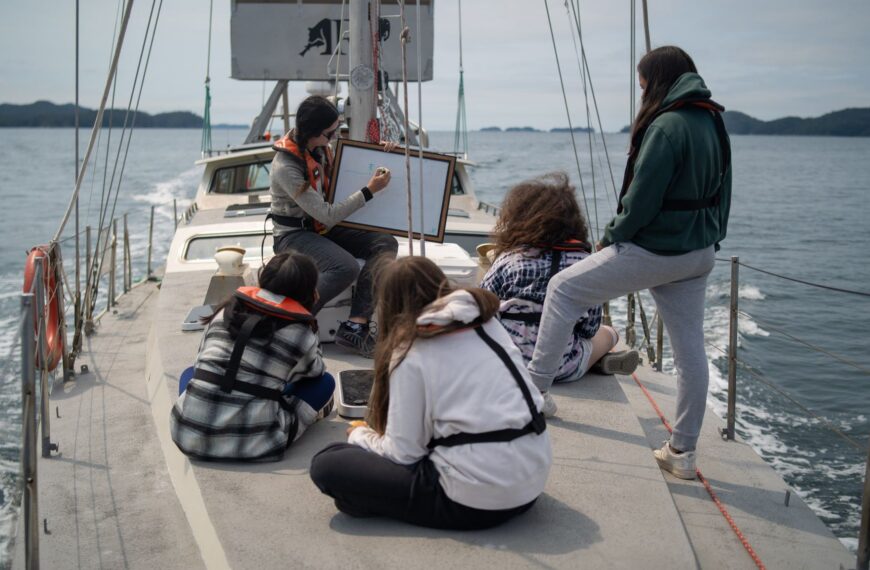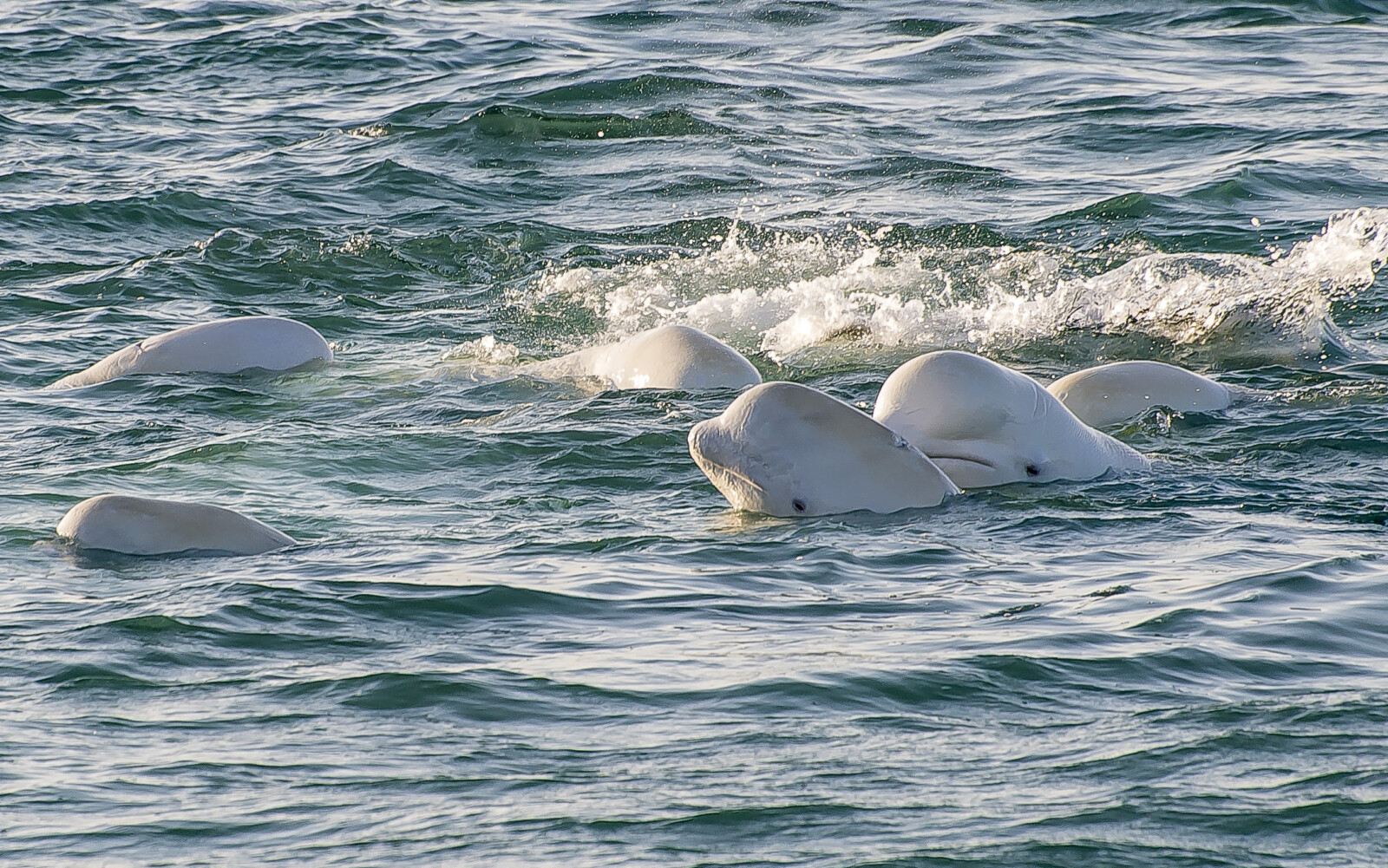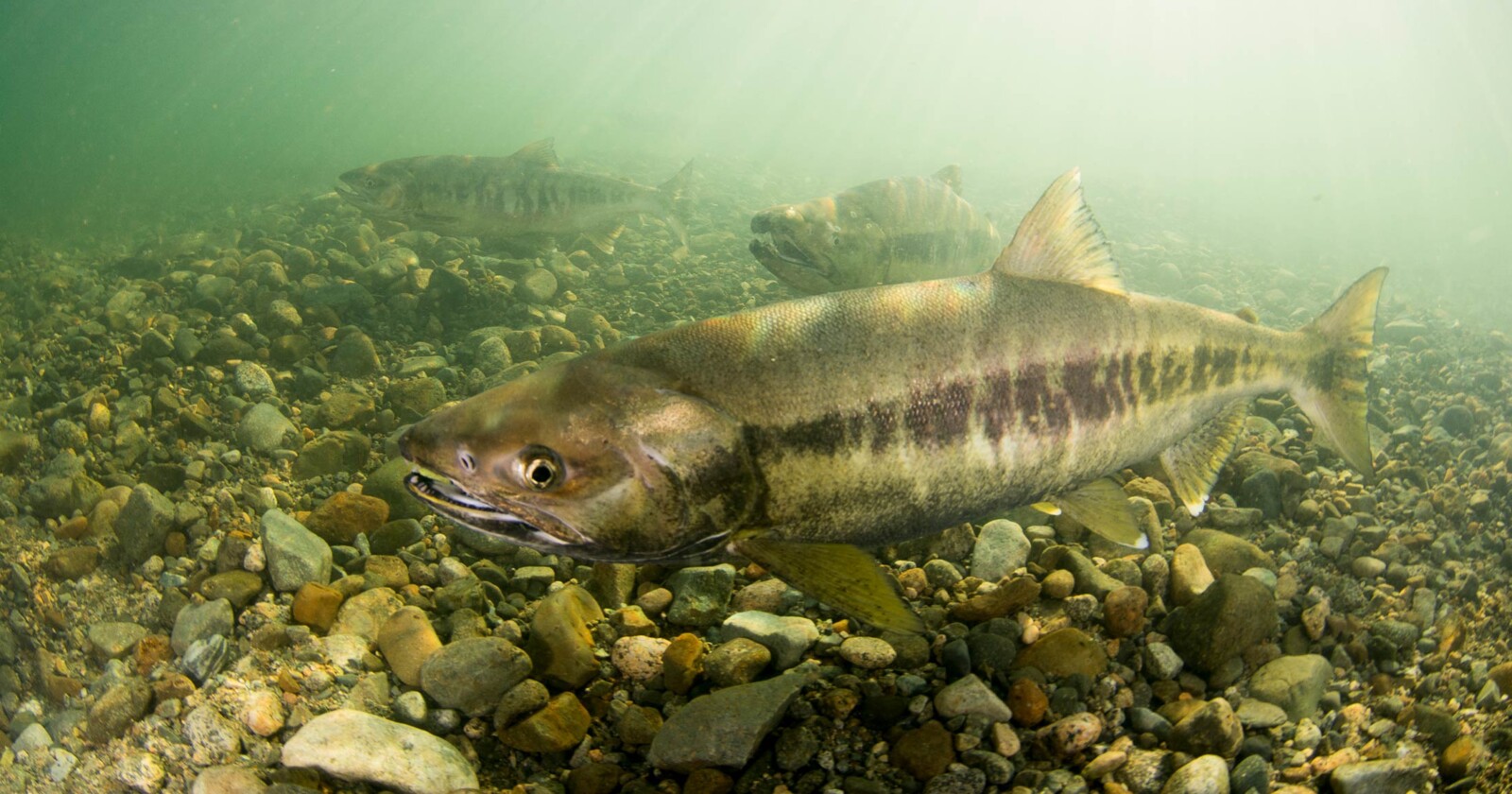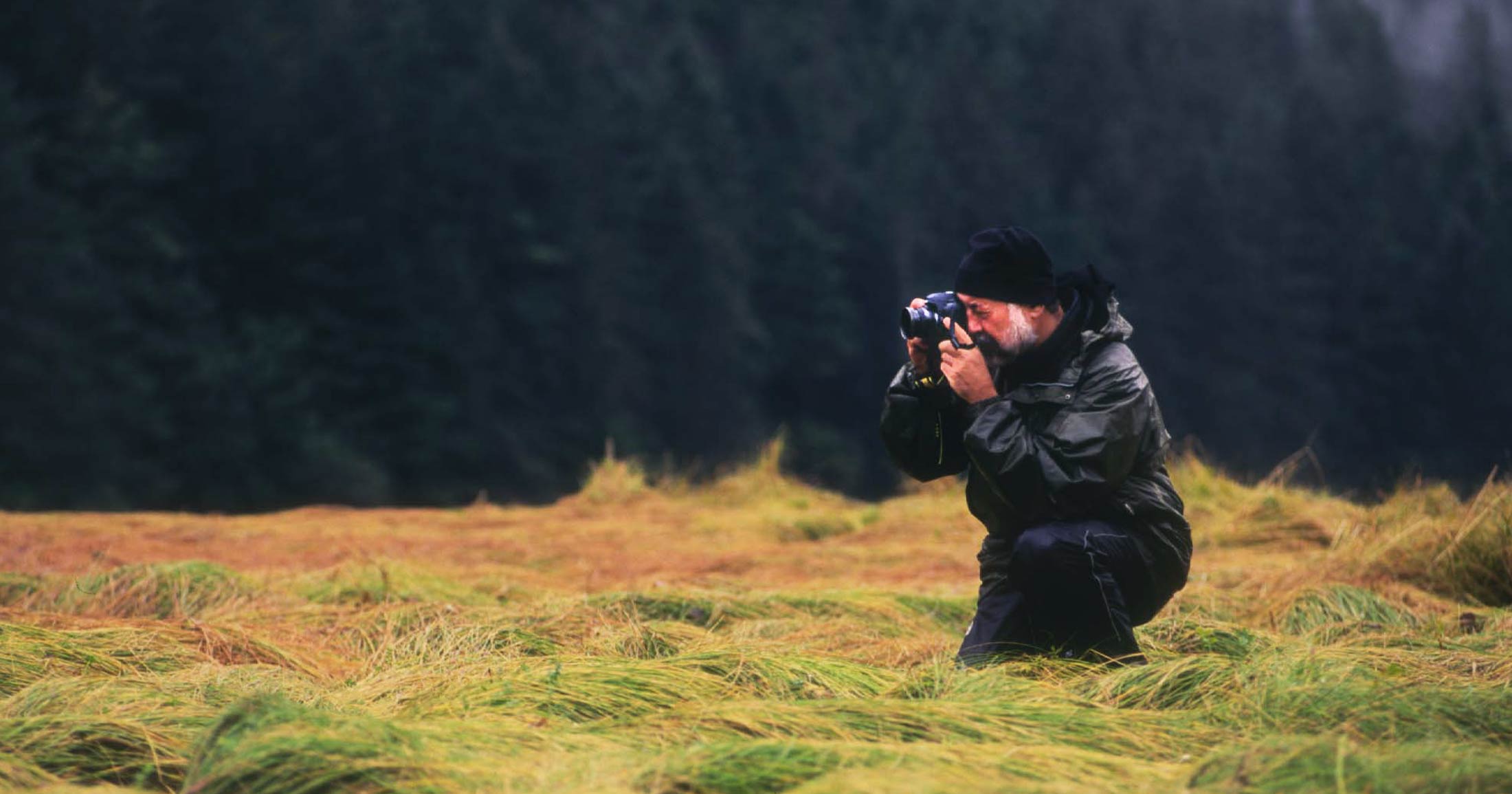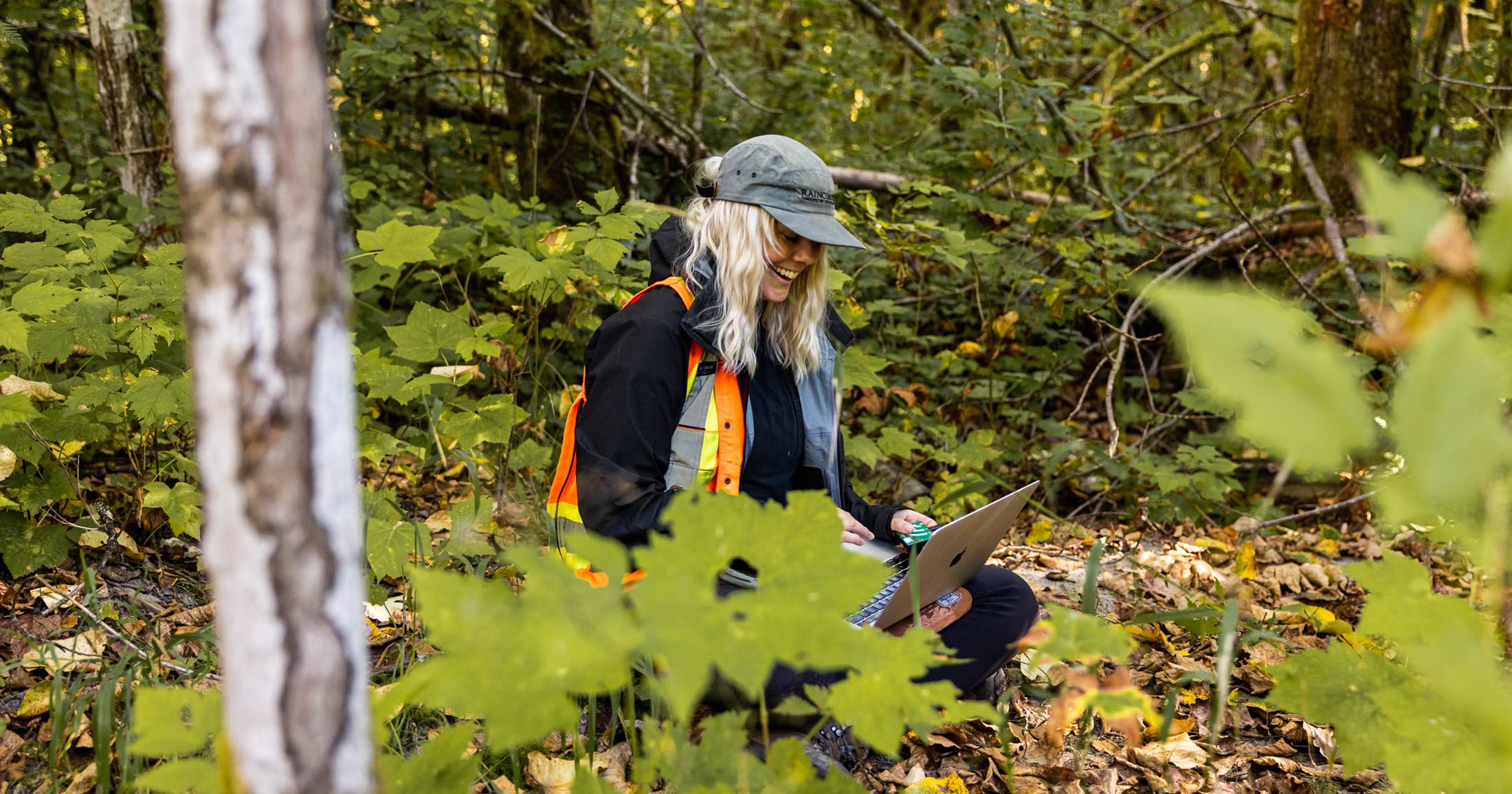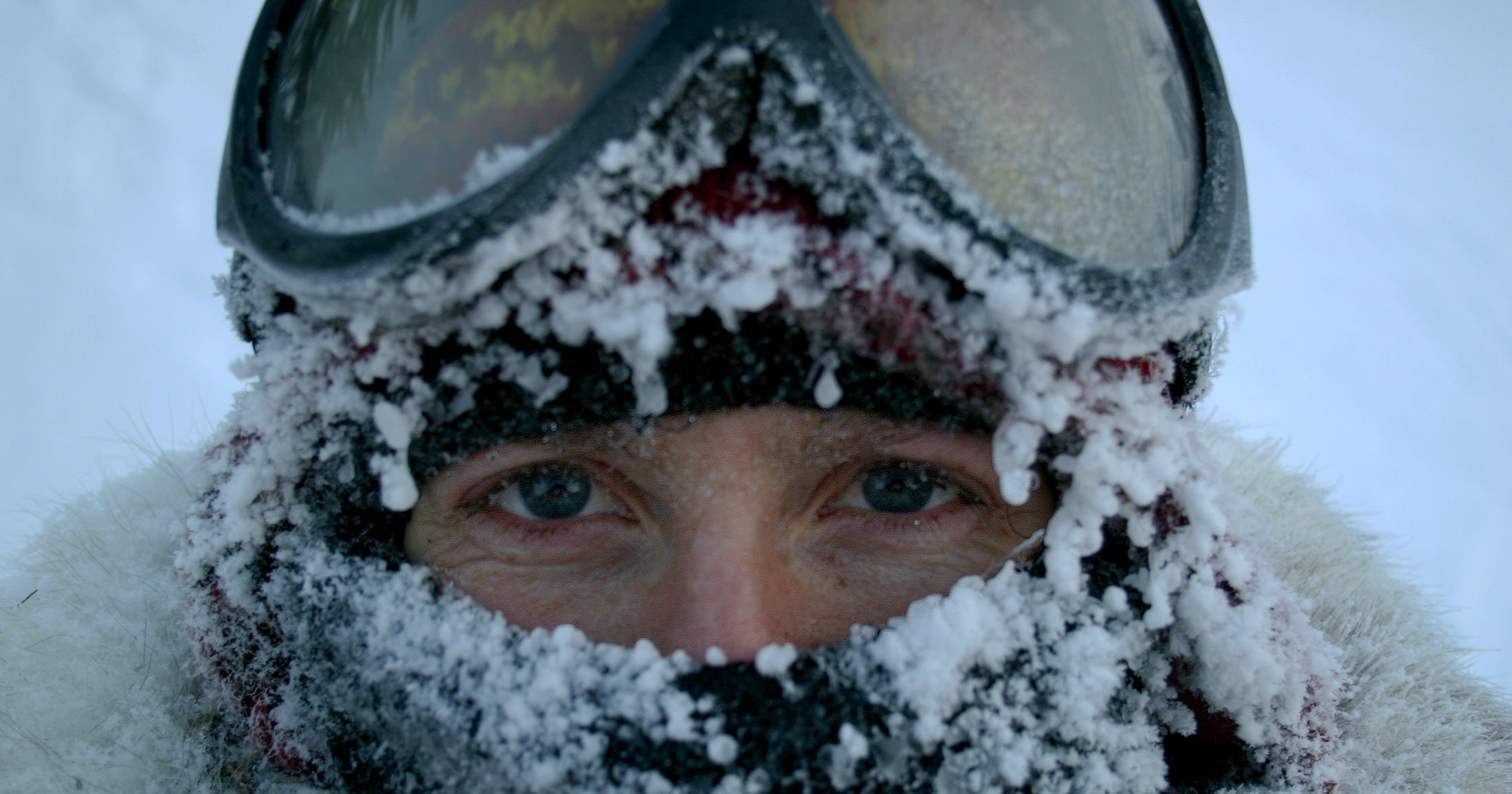Raincoast reps at Salish Sea Ecosystem Conference
Drift cards reach Alaska, a vision for salmon in the Lower Fraser River, and more.
SIDNEY, BC – As scientists, First Nations and governments officials gather in Vancouver for the Salish Sea Ecosystem Conference this week, Raincoast biologists will report their findings that show the potential spatial extent of oil spills in the Salish Sea, as well as the lost connectivity of the Lower Fraser River to many streams and sloughs that once provided salmon habitat.
Raincoast’s drift card study, initiated in 2013, released hundreds of plywood ‘drift cards’ along Salish Sea oil tanker routes. It has now recorded more than 1800 recoveries, from Vancouver, throughout the Salish Sea and all the way to Alaska. The drift card method can inform oil spill response planning, model potential trajectories, and identify areas at risk of contamination. Each card carries a unique number and the message, “this could be oil.” As cards are recovered, the analysis of recovery locations is helping Raincoast and partners to develop an understanding of the potential spatial and temporal spread of spilled oil – see (www.salishseaspillmap.org). With project partners including the City of Vancouver, the Georgia Strait Alliance and the Friends of the San Juans, the study has now deployed more than 4,500 cards.
Raincoast biologist David Scott will present the findings from his Master’s project on the impacts of Lower Fraser River flood control measures on the connectivity of salmon habitat. These structures have played an important role is disconnecting hundreds of kilometers of rearing habitat for juvenile salmon and will be key in any discussion of managing salmon habitat.
The conference will also host a poster discussion on an initiative to develop a long-term vision for salmon in the Lower Fraser River. “Over the last decade agencies with a mandate to mitigate Fraser River habitat loss were dismantled and despite the efforts of various groups, salmon habitat is being continually degraded” said Raincoast’s Salmon Program Director, Misty MacDuffee. Raincoast working with First Nations, NGOs and others to identify long-term aspirational goals for salmon habitat in the Lower Fraser and is seeking input.
Contacts
Drift card study: Andy Rosenberger, andy [at] raincoast [dot] org
Salish Sea conference presentation Friday 9:00 am – 10:30 am, Track: Fate and Effect of Pollutants, Session: SF1B: FF 1: Fossil fuel export through the Salish Sea – impacts of trains and ships
Salmon habitat in the lower Fraser: David Scott, dave [at] raincoast [dot] org
Salish Sea conference presentation Wednesday 3:50 pm – 5:00 pm, Flood Management, Climate Adaptation and the Environment in the Salish Sea (Salon 1)
Misty MacDuffee, misty [at] raincoast [dot] org
A Vision for salmon in the Lower Fraser River Salish Sea Conference Thursday, 10:00 am – 5:00 pm Poster Session in the Grand Ballroom
You can help
Raincoast’s in-house scientists, collaborating graduate students, postdoctoral fellows, and professors make us unique among conservation groups. We work with First Nations, academic institutions, government, and other NGOs to build support and inform decisions that protect aquatic and terrestrial ecosystems, and the wildlife that depend on them. We conduct ethically applied, process-oriented, and hypothesis-driven research that has immediate and relevant utility for conservation deliberations and the collective body of scientific knowledge.
We investigate to understand coastal species and processes. We inform by bringing science to decision-makers and communities. We inspire action to protect wildlife and wildlife habitats.



